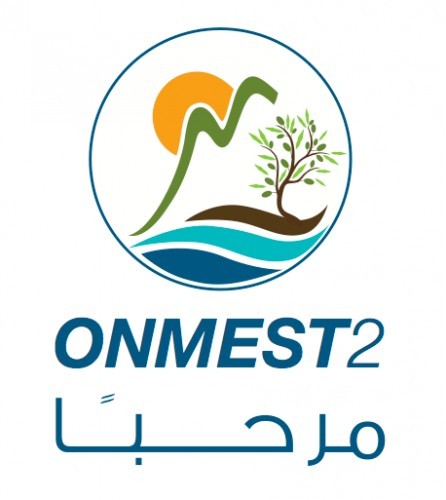
women's rights activists to amend nationality law
BEIRUT: Arab women's rights activists and Lebanese parliamentarians on Tuesday breathed new life into a campaign seeking to amend the country's nationality law. Interior Minister Ziyad Baroud joined a throng of international ambassadors in welcoming the United Nations Development Program's new project, "Toward reforming the nationality law in Lebanon." According to project manager Nayla Masri, the venture hoped to complement the considerable efforts already made by non-governmental organizations to formulate a just nationality law for Lebanese women with non-Lebanese spouses.
Lebanon amended its Constitution in 1990 so as to embrace the International Bill for Human Rights, essentially providing for the application of international human rights norms to all Lebanese legislation. Lebanon followed up by signing the UN Convention on the Elimination of all Forms of Discrimination against Women (CEDAW), often seen as the major international bill of rights for women, in 1996. It has, however, always maintained reservations on article 9, pertaining to women's nationality, article 16 relating to marriage and personal status laws, and article 29, which deals with arbitration.
Under current Lebanese law, male citizens married to foreigners can confer their nationality to their wives and children, but Lebanese women married to non-Lebanese cannot. Denied Lebanese nationality, their families are required to pay regular residency permit fees and face considerable difficulties accessing employment or affordable education and health care. An amendment to the current law has long been a demand of women's rights activists, and though a draft proposal was submitted to Parliament by women's rights group CRTD.A in 2006, governmental officials have never made public reference to it.
"Discriminatory laws denying women equal nationality rights undermine women's status as equal citizens," said UNDP resident representative Marta Ruedas at the conference, held at Beirut's Movenpick Hotel and Resort. "Such laws send the message that women do not enjoy a direct relationship with the State, but must access their citizenship rights through the mediation of a male family member, such as a father or a husband."
The UNDP project intended to submit a new draft nationality law to Cabinet, conduct a study of women affected by the current legislation and launch a media campaign to create public awareness, said senior national consultant Fahima Charafeddine. The UNDP study of affected women would not show exact numbers, she added, as "real figures are impossible to come by in Lebanon," where no national census has been carried out since 1932.
Baroud, who has been working for an amendment of the nationality law since 2002, meanwhile said women's discrimination in Lebanese legislation resulted from social ignorance and fear. "We aim at creating a law that lifts injustice from women and children ... I hope parliamentarians will not adopt any racist or discriminatory law," he said in an indirect reference to any possible exclusion of Palestinians. Many opposed to a change to the current law often voice concern that an amendment would alter Lebanon's uneasy sectarian balance in favor of Sunni Muslims, the religion of most of the country's 400,000 Palestinian refugees. While Baroud admitted there were several obstacles facing campaigners, he believed an amended nationality law could, with the necessary "political will," materialize before June's legislative elections.
MP Ghassan Mokhaiber also spoke out in favor of gender equality. "I am supportive of Lebanon lifting its reservations on CEDAW and granting Lebanese women full nationality rights," he said, adding he would endorse any proposals submitted to parliament in that regard. "Many Lebanese politicians unfortunately are not always aware of the injustices inflicted against women," he said, urging for prolonged national awareness campaigns.
For many of the conference's other participants, it was only a matter of time before the nationality law was amended. So far, a regional campaign to amend discriminatory nationality laws has found success in Tunisia, Algeria, and to a lesser extent, Morocco and Egypt. The Lebanese government's Ministerial Statement issued last August showed a clear will toward implementing Lebanon's commitment to CEDAW and in forging equal rights for Lebanese women.







